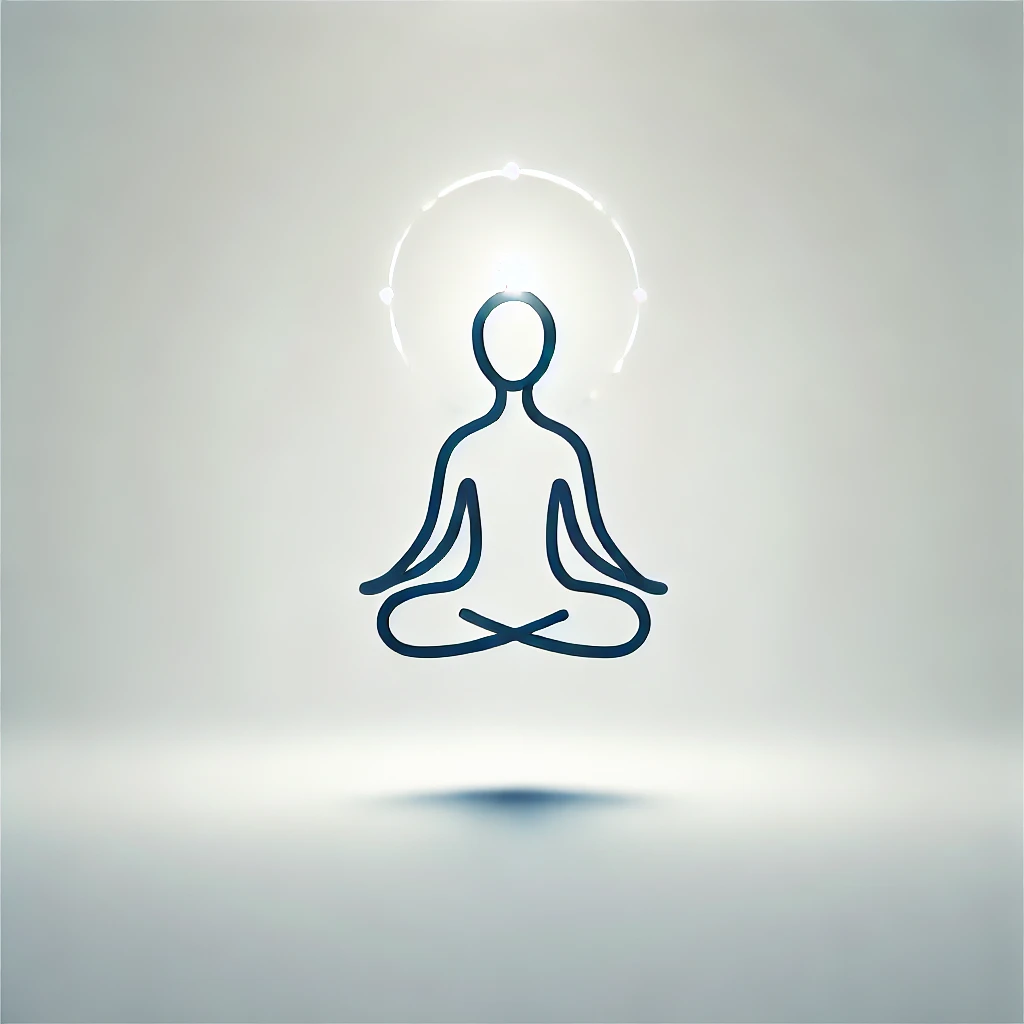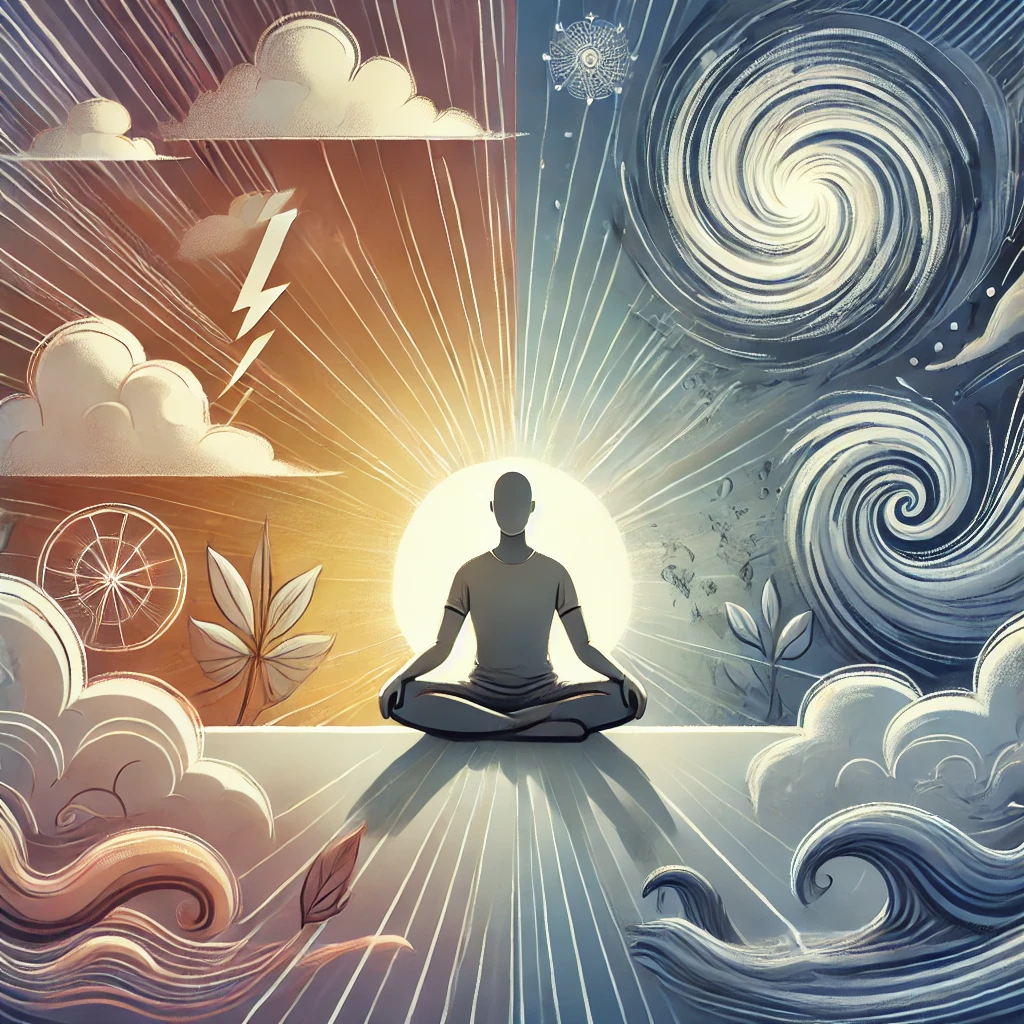What is Happiness ?

Happiness is something we all want. This universal desire connects every sentient being, whether human or animal. Despite this shared aspiration, we rarely ask ourselves what happiness really is, and how to achieve this state. This is what we will explore together in this post.
All living beings want to be happy and do not want to suffer.
—His Holiness the Dalai Lama
Definition
Buddhism distinguishes between two types of happiness: physical and mental. Physical happiness comes from sensory experiences—what we see, hear, taste, touch, or smell. As human beings, we are often captivated by sensory pleasures, from the taste of good food to the beauty of nature. Yet, while these experiences can be enjoyable, they are not enough to bring us true, lasting happiness.
Happiness, in its deepest sense, is a mental state. It doesn’t depend on external circumstances. You could be at a beautiful party with perfect weather and great company, but if your mind is troubled—perhaps by jealousy or annoyance—you won’t feel happy. Conversely, even in challenging conditions, a person with a peaceful mind can remain happy.
In that sense, happiness is a state of a lasting mental peace and well-being.
The Trap of Temporary Pleasures

From the moment we wake up, every action we take is motivated by the wish to be happy and avoid suffering. However, although this desire guides us, we often don’t take the time to examine the quality of the happiness we seek.
Are we chasing temporary, fleeting pleasures? Or do we yearn for a deeper, more fulfilling sense of happiness—one that doesn’t fade away like the satisfaction of a new phone or a delicious meal?
Many of us mistake temporary pleasures for true happiness. We chase after material gains, sensory gratification, and the approval of others, believing that these will bring us lasting contentment. However, these pleasures are stimulus-based—they depend on external factors, and once those factors change or disappear, so does our happiness.
The Eight Wordly Concerns
Buddhism categorizes this attachment-driven mindset most people have in their pursuit of happiness under “8 worldly concerns”:
- Gain vs. Loss
- Gain: The desire for material wealth and possessions
- Loss: The fear of losing what we have, whether it’s money, possessions, status, or comfort.
- Pleasure vs. Pain
- Pleasure: The craving for pleasurable experiences through our senses (e.g., good food, entertainment, physical comfort).
- Pain: The aversion to discomfort, pain, or unpleasant experiences.
- Praise vs. Blame
- Praise: The desire to be praised, admired, and validated by others.
- Blame: The fear of being criticized, blamed, or ridiculed by others.
- Fame vs. Disgrace
- Fame: The desire for a good reputation, status, or recognition from others.
- Disgrace: The fear of being disrespected, losing face, or having a bad reputation.
Chasing after these concerns keeps us in a constant state of hope and fear, never fully at ease. The more we grasp at external things, the more agitated and dissatisfied we become.
True Happiness Comes From Within

According to Buddhist teachings, lasting happiness is possible, but it doesn’t come from temporary, external stimuli. We constantly look outward for happiness, placing our well-being in the hands of things we cannot control—whether it’s material possessions, success, or the approval of others. The problem with this approach is that outer circumstances are impermanent. They change, and they are beyond our control, leading to a constant cycle of dissatisfaction.
Instead, true happiness arises from within, through the cultivation of a healthy mind. Cultivating this inner well-being requires us to shift our focus from the outside world to our internal world. We need to examine our thoughts, emotions, and perspectives and learn how to transform them in ways that promote lasting peace and contentment.
A Balanced Approach to Happiness

Does this mean we shouldn’t enjoy life’s pleasures? Not at all. Buddhism doesn’t suggest we abandon all worldly pleasures. What it teaches is that while it’s fine to enjoy life’s pleasures, we should not depend on them for our happiness. Our well-being should come from within, so that even when outer conditions are tough, we can remain happy and content. The key to this shift lies in understanding our minds.
“The way we live, the way we think, everything is dedicated to material pleasure. We consider sense objects to be of utmost importance and materialistically devote ourselves to whatever we think makes us happy. Even though all this comes from our mind, we are so totally occupied by external objects that we never look within. […] We have to examine ourselves - not just our body, but our mind. After all, it is our mind that is always telling us what to do. We have to know our own psychology, our inner nature. We have to know our mind.”
—Lama Yeshe
Conclusion
Happiness is something we all seek, but too often we look for it in the wrong places. By focusing on external pleasures and material gains, we trap ourselves in a cycle of temporary satisfaction and dissatisfaction. However, true happiness—lasting contentment—comes from within, it arises from cultivating our minds. By shifting our focus inward, we can begin to cultivate the genuine happiness that we all desire—a happiness that is stable, lasting, and independent of external circumstances.
DISCLAIMER : The information shared in this article are based on my personal experience from various Buddhist courses I attended in India and Nepal. I am not by any means an expert on the subject. If you notice any inaccuracies, please feel free to contact me or mention them in the comments.